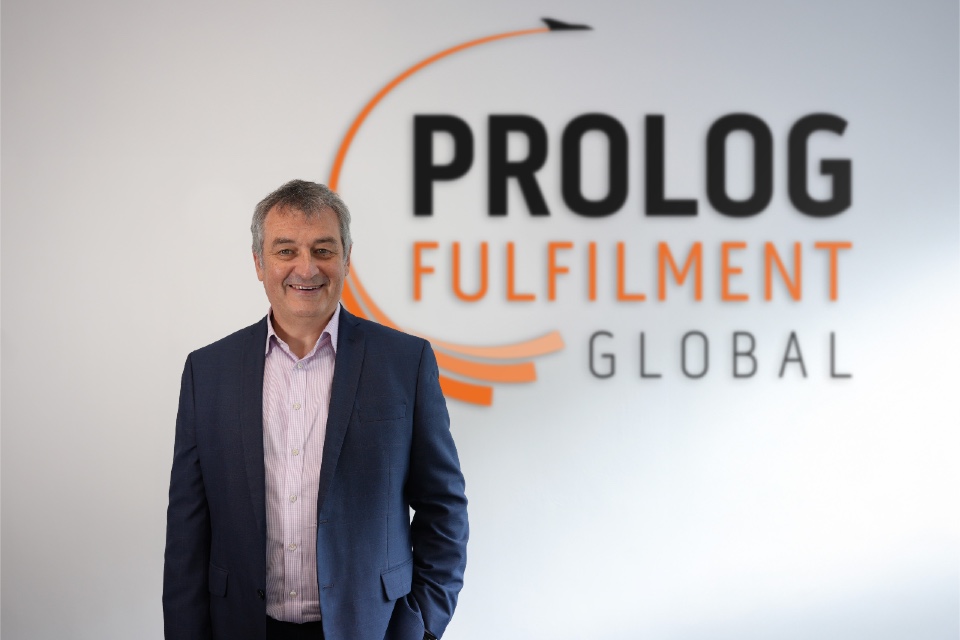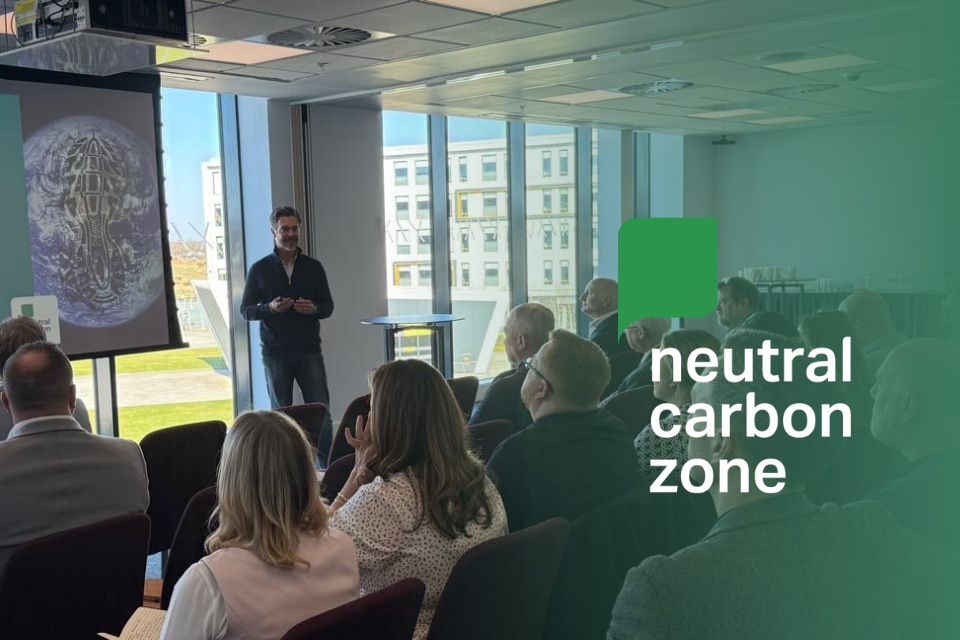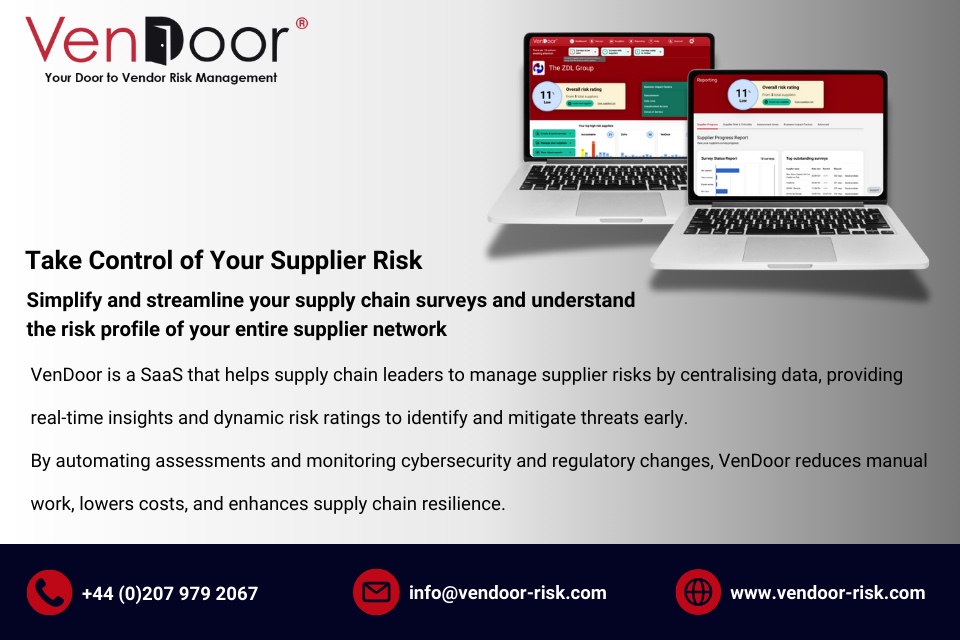A recent Accenture Strategy survey of nearly 30,000 consumers in 35 countries found that more than half of UK customers “want companies to take a stand on issues they care about such as sustainability, transparency and fair employment practices.”
In today’s world consumers expect products that are safe, sustainable, and responsibly sourced. They want to buy and connect with brands who care about the products and services that they offer; who value the importance of an ethical supply chain that will incorporate social and human rights together with environmental considerations into how they do business across the world. To deliver on these expectations and secure consumer trust, businesses must ensure their supply chains are wholly transparent.
An ethical supply chain focuses on the need for corporate social responsibility, working to produce products and services in a way that treats its workers and the environment, ethically. The pressure is mounting from all sides: NGOs, investors, governments, and consumers are all demanding more from retailers and brands.
Segura was founded in 2012 to combine digital expertise with detailed knowledge of global supply chains, in order to create a simple-to-use business solution. They deliver market leading solutions to retailers, focused on helping them to achieve ethical, sustainable and compliant multi-tiered supply chains through automatic supplier onboarding, mapping and reporting.
Peter Needle, Founder and President at Segura says that “our aim is that one day every product will come with provenance: accessible, trustworthy information about origin, journey and impact. We want to empower shoppers to drive progress through their purchasing power and at the same time, generate rewards for brands making a positive impact on people and planet.”
Retailers have spent decades working on their supplier relationships. However, most of their focus has been on making apparel at the right price and ever faster – typically by increasing the number of suppliers. In a competitive marketplace, failure to respond to consumer demands can be catastrophic. But retailers have moved from dealing with a small number of large apparel manufacturers close to home, to a vast array of suppliers all over the globe.
Many solutions have sprung up over recent years, to try and help brands have more visibility and control over their suppliers. However, these companies don’t always offer the complete package and very often falter after the first tier of interrogations.
Peter believes that it is important to start with a central ‘top down’ system. “The Segura platform has the capacity to map and validate all suppliers through multiple tiers, capture their supplier compliance and standards information, verify this by linking to audit and certification partners, and to draw in data from bottom-up tracking and other vertical systems.
“Once you have visibility in both breadth and depth over your supply chain, you can also target measures that will improve performance. Observing the buying patterns of your suppliers will help you identify and tackle the many inefficiencies that exist. The savings made in this area can be ploughed back into your suppliers in exchange for improvements in their ethical and sustainability performance.”
Segura’s view is that any business should first adopt a central, top-down platform to map out all suppliers through multiple tiers, validate the suppliers , and provide advanced reporting, acting as the collaboration and control system. Once it has been embedded, other specialist solutions can be onboarded, and their value greatly leveraged. Peter believes that “tracking the orders cannot be underestimated, it gives suppliers fewer opportunities to use unwanted third parties, or factories in lower tiers that may be sub-standard.”
Segura is the only solution on the market with an order capture and validation function, their software platform provides a 360-degree view of every supplier within their clients supply chain. The platform enables sustainable and ethical sourcing through multi-tier supplier mapping, compliance and reporting, providing retailers with the assurance that each product, and everything in it, has been made in good quality, ethical factories.
Hobbs, the premium British womenswear brand is the most recent TFG fashion brand to sign up with Segura, helping them to capture and map their supply chain by order, validating their suppliers as compliant with TFGs’ CSR standards.
“We are very proud to have successfully gone live with Whistles, Hobbs, River Island and a number of iconic brands so far and are moving forward with a number of other high-profile retailers” says Peter. “It’s confirmation that our knowledge and expertise delivers transparency and compliance for retailers, so that they can be sure that their suppliers are both sustainable and ethical.”
In conclusion, the landscape of supplier sourcing is changing rapidly and the demand to bring more visibility, control and accountability to retailers and brands is constantly growing. Consumer demand has spoken, and they will not accept a brand without full supplier transparency.







